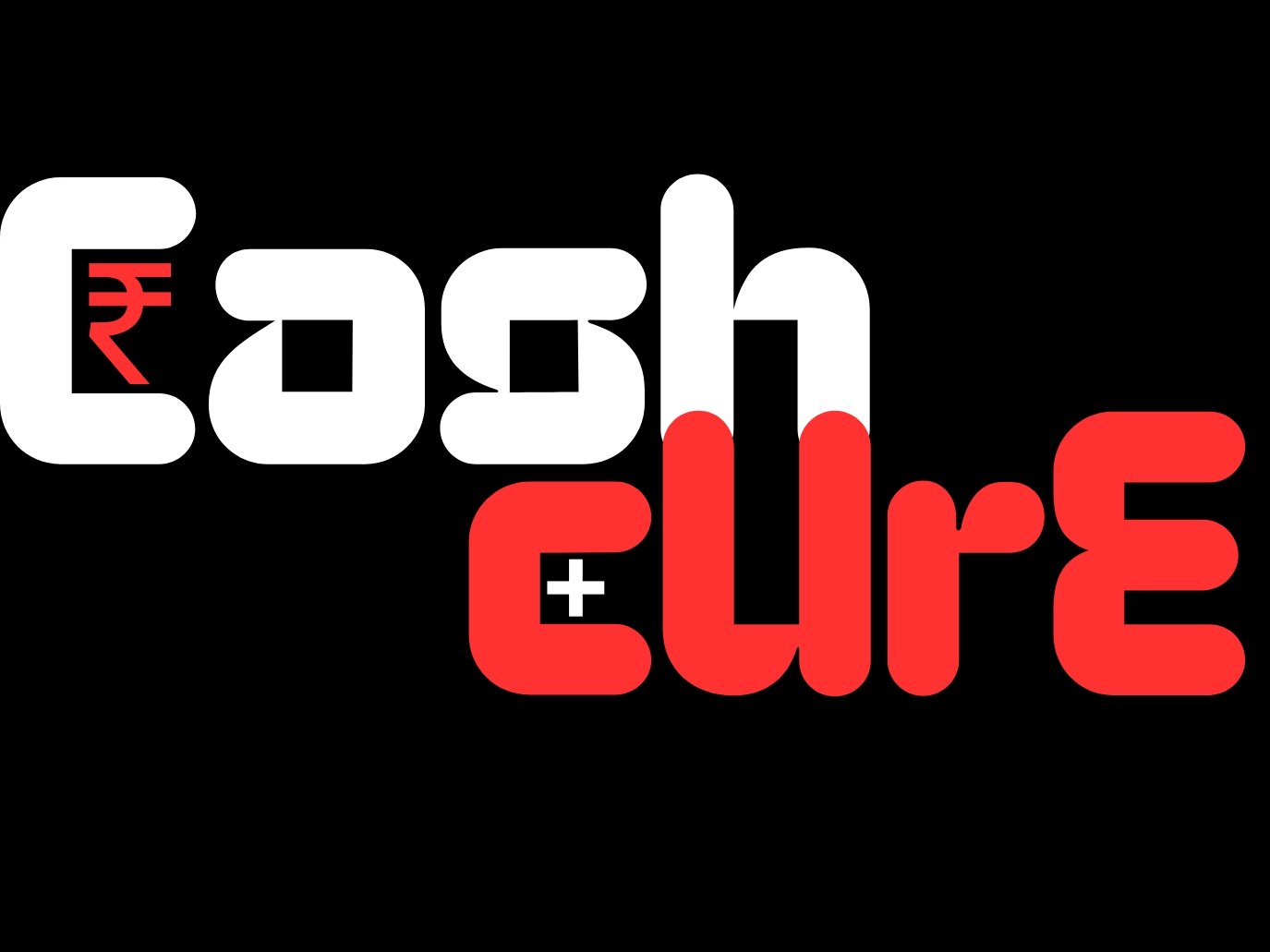Jack Dorsey, the billionaire CEO of Block, is facing significant challenges as the company’s stock experiences a sharp decline. Block, renowned for its credit card readers, point-of-sale software, and the widely used Cash App, reported a less-than-expected gross profit growth of 9% in the first quarter of 2025. This figure fell short of the 11% previously forecasted, missing expectations by approximately $30 million. The company also revised its annual gross profit growth projection for 2025 from 15% to 12%, signaling further caution.
The company’s current trajectory marks a stark contrast to its previous years of robust growth, with gross profits rising by 25% in 2023 and 18% in 2024. The slowdown has spooked investors, leading to a 20% drop in Block’s stock value and reducing Dorsey’s net worth by around $600 million. During the May 1 earnings call, Block’s Chief Financial Officer Amrita Ahuja highlighted a noticeable decline in consumer spending via Cash App in February and March, particularly in travel and entertainment categories, as a key factor behind the cautious outlook.
Over the past five years, Block’s stock has been subject to dramatic fluctuations, rivaled only by fintech giant PayPal. Once valued at over $110 billion in 2021, Block’s market capitalization has plummeted to $28 billion. This represents a decline so severe that the company’s worth is now $1 billion less than the amount it paid to acquire buy-now, pay-later firm Afterpay in 2021. To counter this downturn, Dorsey is implementing a variety of strategies, from enhancing operational efficiency to expanding revenue streams in both Square and Cash App businesses. The company is also venturing into bitcoin mining devices to diversify its offerings.
Challenges and Strategies for Cash App and Square
Block’s flagship product, Cash App, boasts 57 million monthly active users but has seen stagnation in user growth over the last 16 months. Ahuja revealed on the earnings call that Block is focusing on initiatives to increase user engagement, such as encouraging more customers to set up direct deposit for their paychecks. While this feature has been pushed for years, its adoption has been gradual, with 2.5 million active users utilizing direct deposit as of December 2024—a 25% year-over-year increase. Despite this growth, Cash App faces stiff competition from established banks and digital-first rivals like Chime, which boasts a higher penetration of direct deposit users among its 7 million active customers.
Cash App’s Borrow feature, offering short-term loans with a 5% fee, represents a promising avenue for growth. Block plans to double the feature’s reach by expanding into new U.S. states, leveraging its FDIC banking charter. Analysts estimate that Block’s lending activities, including Borrow, Afterpay, and Square Loans, account for 30% to 40% of the company’s annual gross-profit growth.
Meanwhile, Square’s small business solutions are also facing headwinds. Once a dominant player in the market, Square now contends with rivals like Toast and Clover. Analyst Ken Suchoski observes that Square’s market share has shifted from “gaining” to “maintaining or donating.” Toast, known for its innovative yet expensive point-of-sale systems, is reportedly capturing 50% to 60% of new restaurant customers. Industry experts attribute Square’s challenges to a lack of organizational focus and product development, though recent improvements have been noted.
Dorsey has acknowledged these organizational challenges, highlighting a newly implemented “prioritized roadmap” to streamline operations and increase accountability. Block also consolidated its Square apps into a single platform, enhancing the user experience and broadening software-based services for merchants. Additionally, Square is targeting mid-market businesses earning over $500,000 annually by building a local sales force—a shift from its traditional focus on micro-businesses. CFO Ahuja pointed to encouraging early signs, with Square’s processing volume growing by 9.6% in April 2025.
Innovations and Future Growth Prospects
Jack Dorsey’s enduring enthusiasm for bitcoin has led Block to explore hardware solutions for cryptocurrency mining. The company plans to launch a range of bitcoin mining devices, believing the hardware market to represent a $3 billion to $6 billion annual revenue opportunity. While crypto-related products currently contribute only 3% of Block’s gross profit, the company’s Proto mining hardware could democratize bitcoin mining, appealing to both hobbyists and professionals.
Internally, Block has introduced an AI-powered tool named Goose, designed to boost productivity among software engineers. Dorsey expects Goose to eventually enhance customer-facing features within Cash App and Square, further improving efficiency and innovation across the organization. Additionally, Block is exploring new user demographics, such as teens and families, by integrating Afterpay into Cash App and expanding its ecosystem.
Risks and Market Outlook
Despite these efforts, Block faces considerable risks. The U.S. economic environment remains uncertain, raising concerns about the viability of lending operations targeted at lower-income consumers. Ahuja emphasized that the company is closely monitoring repayment rates and adapting lending limits accordingly to mitigate potential defaults.
Block’s ability to regain investor confidence will depend on its execution of these strategies and the broader economic climate. As Dorsey and his team navigate these challenges, the fintech giant’s future remains uncertain but not without potential for a turnaround.


Leave a Reply
You must be logged in to post a comment.